(As told to Pooja Sharma Rao)
Names changed to protect identities
Today I sat again by the huge French window in the attic of our ancestral palatial house located on the Jakhu hill in Shimla. The city lights spread out below me like a dark blanket studded with stars.
Today I was again thinking about my younger brother – Vikram, the scion of our erstwhile aristocratic family and a long political lineage. I was a couple of years older and we were both together at the famous boarding school in the Shivalik hills, where even back in the ‘90s homosexual couples were an open secret. But most of these relationships began and ended at school. In those days before mobile phones in India, the promises of writing letters and making trunk calls soon faded away, and most of these ‘liaisons’ flourished hidden from the curious eyes of the homophobic staff, management and older boys.
The inner struggle
Table of Contents
Vikram struggled with a lot of intense emotions in those years, like fear, extreme loneliness, self-guilt, self-hate, and desperate need to experience some belonging; I was his only confidante, but could do little to help him.
After a late night family party right after his 12th boards, here in this very attic he had held my hand and said, “Pratima didi, I need to tell you something important, but you have to promise me that you will not tell anyone else.” I had a faint clue about what was coming, but I listened patiently as he told me about his first girlfriend in class 10, his first sexual experience and then finally this – “I feel sexually attracted only to boys, now in particular to Aditya from my class. I think I am not like everyone else is around here, I am gay!”
“Every moment of rejection chipped away at his sense of self until there was nothing left.”
The dreaded H word
I was myself not very aware about homosexuality back then. We were young; Vikram ‘hanging out’ with some of ‘those’ older boys in school scared me for him. I knew he could be vulnerable to blackmail, sexual exploitation, unsafe sex, alcohol/drug use, but I didn’t know what kind of support to offer him to cope with his sexuality other than just listening to him. I didn’t have any role models to offer to him so his identity became a burden not just for him but for me too.
No one dared to even utter the ‘H’ word at home, more so in feudal families like ours where boys were supposed to be ‘manly and brave’ and not ‘wearing bangles’ or sissy, as our father said often.
Though Vikram often told me about Aditya and their love for each other and how they intended to move out of India for college and never come back, I knew these were all castles in the air.
Related Reading: I Am Gay, Married And I Seek Equality – Why Gay Marriage Should …
A pre-ordained fate
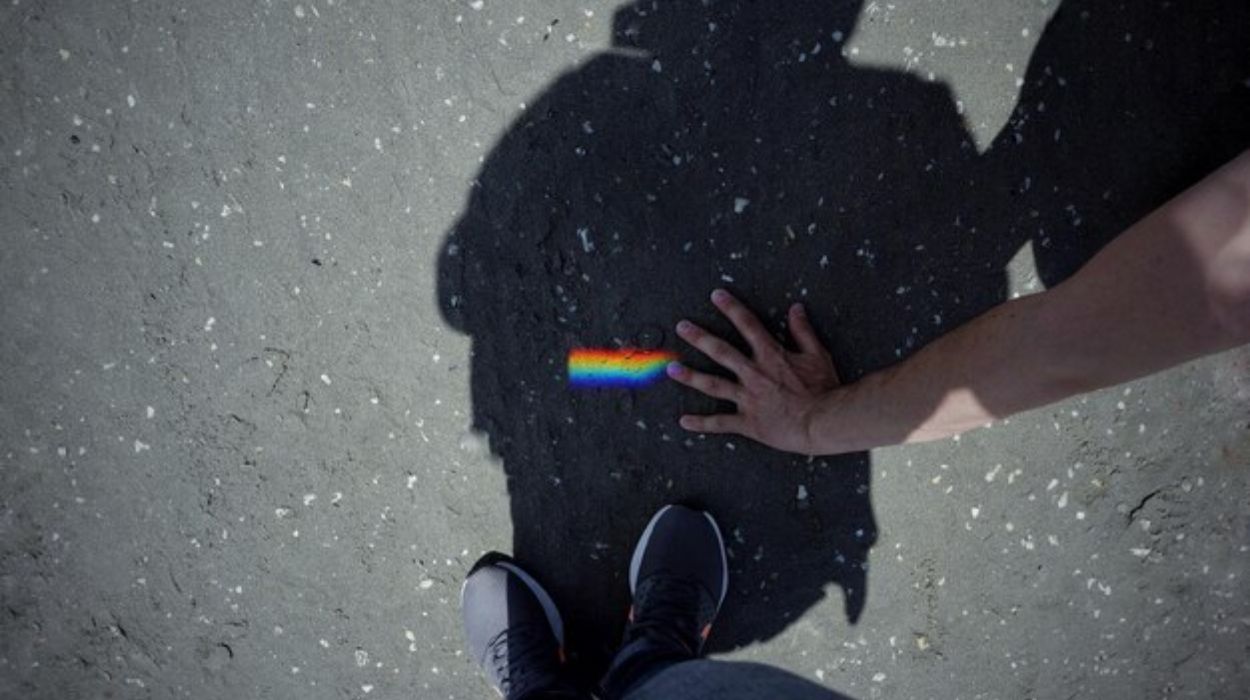
Being the older one I was painfully aware of the political clout of our family and what lay in store for him – taking over the family political legacy, aiming at being a minister like our father, then marrying from another royal family and produce heirs. Even my own engagement was just an alliance with another politically dominant family’s grandson.
I wanted to help Vikram, and so, gathering all my courage I tried to talk to my parents about ‘sexual freedom’, not for myself, because girls weren’t supposed to have any, but for Vikram. Our docile mother expressed her helplessness and locked me in my room for even uttering what I had ‘shamelessly’ in front of her and our father.
Our chauvinistic old-school father believed that children must ‘obey’ and only obey. He believed that only sons could carry forward family legacy. But Vikram was set to break out.
Related reading: My Indian family prefers the closet
Left alone and misunderstood
Our parents, meanwhile, tried to ‘cure’ him of his ‘curse’. They made offerings at the ancestral village temple; called in priests and god men to bless him and ward off the ‘evil eye’. They took drastic measures like setting him up with a girl, but to no avail. “We don’t have any such ‘abnormal’ kids in our family ever,” was their classic Indian refrain. They started treating his ‘state’ as a mental illness; he’d be locked in his room with no access or interaction with anyone.
I married a few months later and during one of my visits was shocked to hear that our parents were so desperate that they asked older cousins to take him out for a different experience – namely sex with a female sex worker, hoping to cure him of his delusions about ‘loving men’.
Once in extreme stress he had told me that our father often mockingly said to him, “You might like to have sex with the piano or the clock; we just want you to marry a decent girl and produce grandchildren for the Thakur family.”
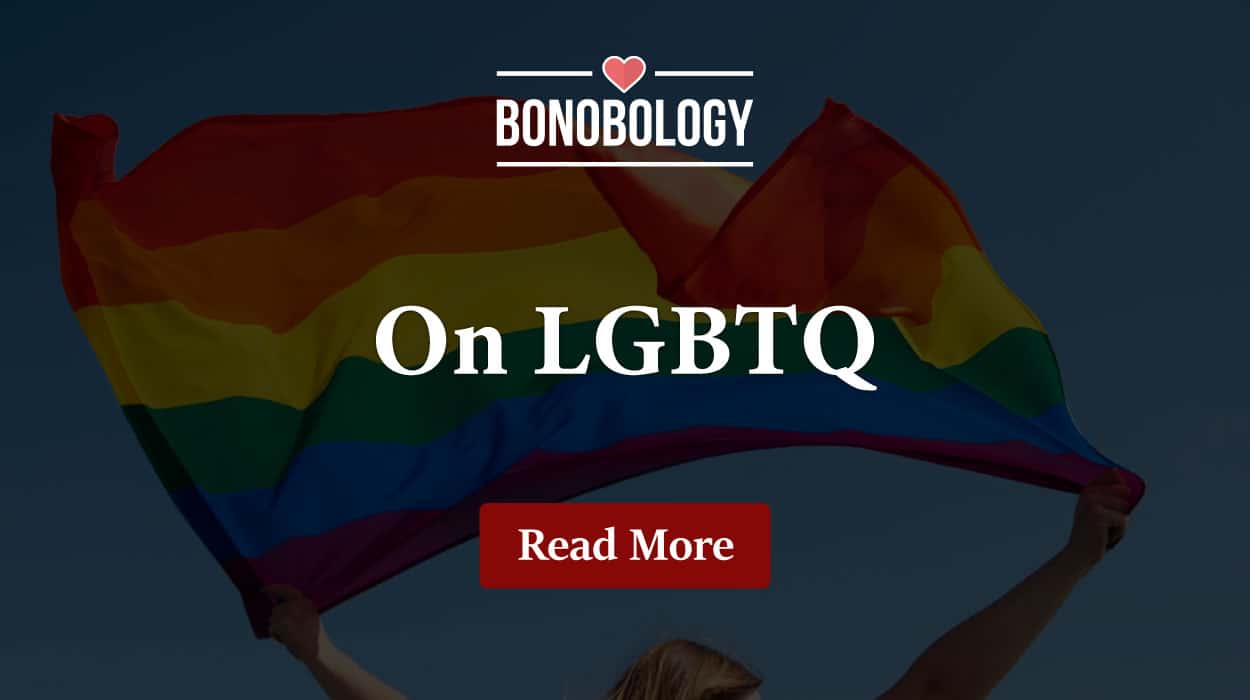
The inevitable tragedy
One day the inevitable happened. Vikram committed suicide, in that very palace whose ‘legacy’ he was supposed to propagate. I couldn’t save him, and his story haunted me even more as I myself became a parent of two young boys. Years later I vowed to spend my life working for LGBTQ rights and I now run a small NGO in Himachal for the cause, ironically called ‘Legacy of Freedom’.
The first story I often tell youngsters at our workshops or those who coming to us hounded by the law is that of Vikram, so that they must fight for themselves and for those who couldn’t.
Two NGOs in Himachal Pradesh deal with LGBT rights and support: Spardha and Shaaveri (Mobile: +919418070670)
FAQs
1. What role did my parents’ rejection play in my brother’s mental health?
“I remember him telling me once, ‘I can handle the world’s rejection, but not our family’s.’ He felt the weight of not being accepted by the people who were supposed to love him the most. Every harsh word, every cold shoulder from our parents made him feel more isolated.”
Rejection from family, particularly parents, can have devastating effects on an individual’s mental health. For LGBTQ+ people, the lack of familial support increases the risk of depression, anxiety, and suicide. When a person feels unloved or unwanted by their family, it can lead to feelings of hopelessness and self-worthlessness.
2. How did societal pressure contribute to his struggles?
Societal pressure can intensify the struggles of someone already facing family rejection. The fear of judgment, discrimination, or being ostracized can make it difficult for LGBTQ+ individuals to embrace their true selves, leading to a constant state of stress and fear.
3. What can families do to support their LGBTQ+ loved ones?
Families should focus on offering unconditional love and support. Acceptance, open conversations, and creating a safe, affirming environment can make all the difference. Even if it takes time to fully understand their LGBTQ+ loved ones’ experiences, the willingness to love and listen without judgment is vital.
Final Thoughts
The story of my brother’s life—and ultimately, his death—is a painful reminder of the consequences of conditional love and rejection. Family rejection, especially for LGBTQ+ individuals, can push someone toward feelings of worthlessness, despair, and isolation. What should be a source of love, safety, and support instead became the catalyst for my brother’s struggles.
It’s essential to understand that unconditional acceptance and love can save lives. No one should be driven to such a dark place because of who they are. If you’re struggling with family rejection or trying to navigate your own identity, remember that help is available. If you or someone you know is dealing with family rejection, identity struggles, or mental health challenges, our licensed therapists are here to help.
Gay Body Image Problems Arising From The Fear Of Not Being Loved
Your contribution does not constitute a charitable donation. It will allow Bonobology to continue bringing you new and up-to-date information in our pursuit of helping anyone in the world to learn how to do anything.

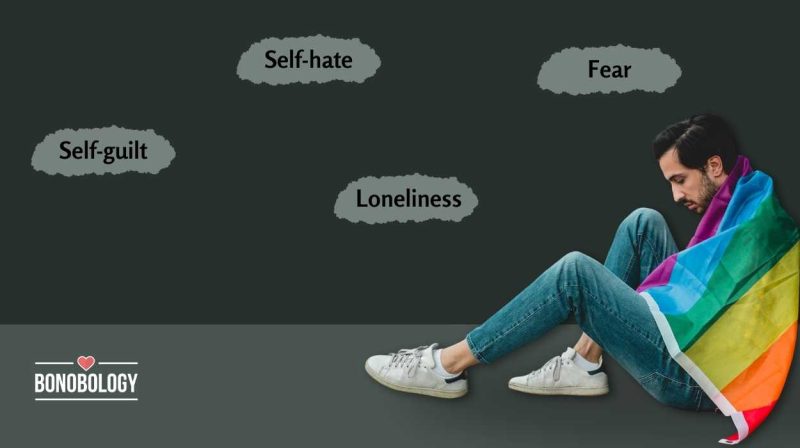
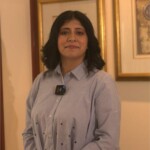
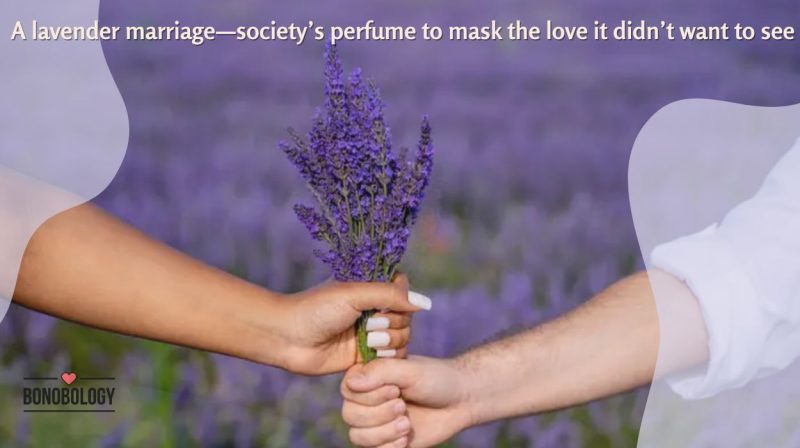
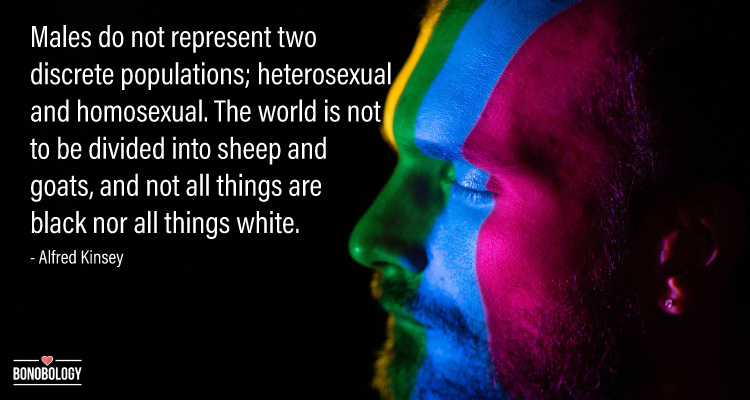

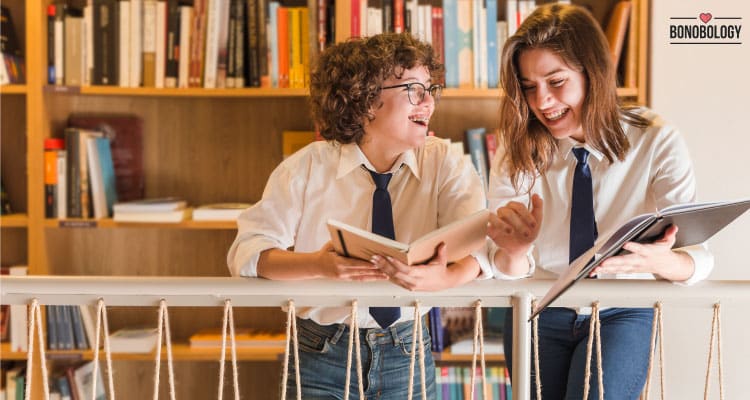
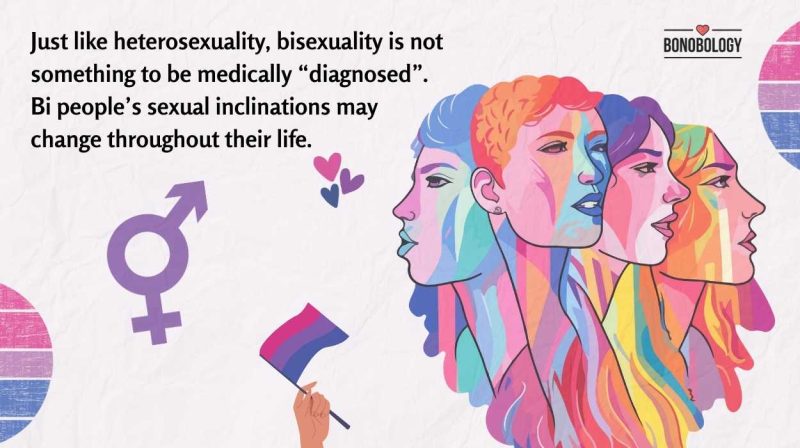
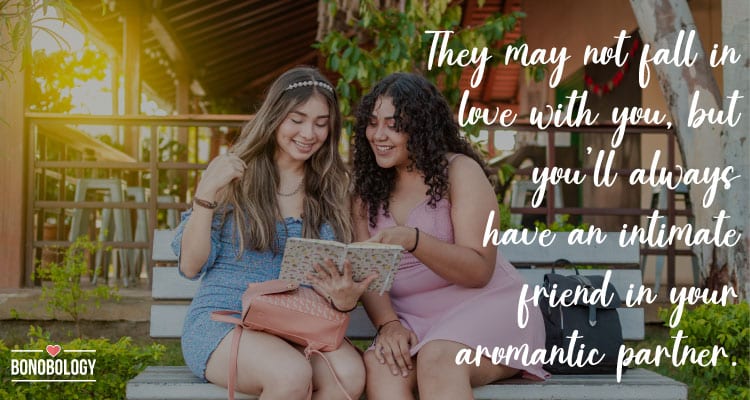
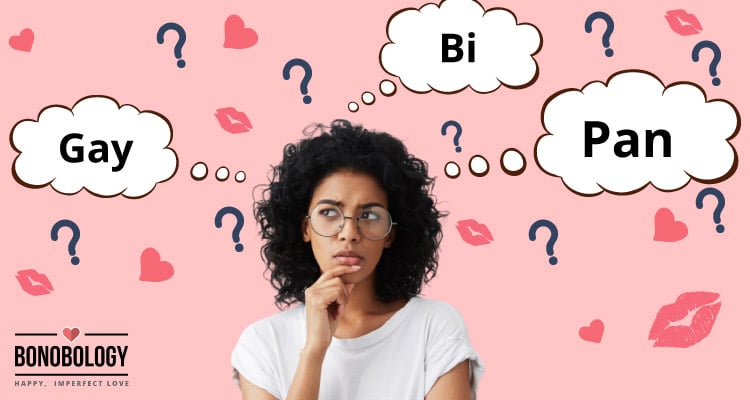
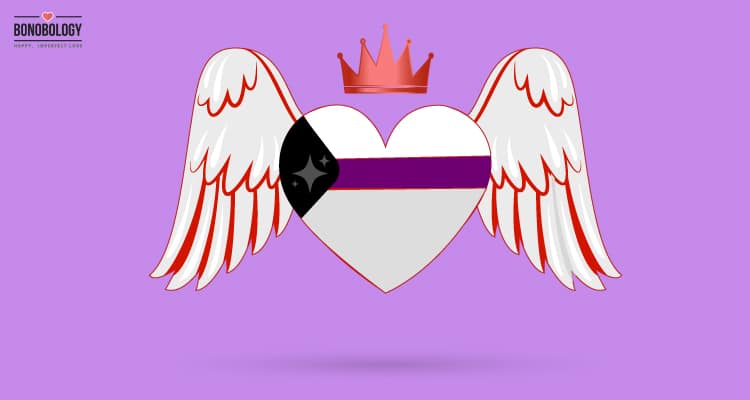
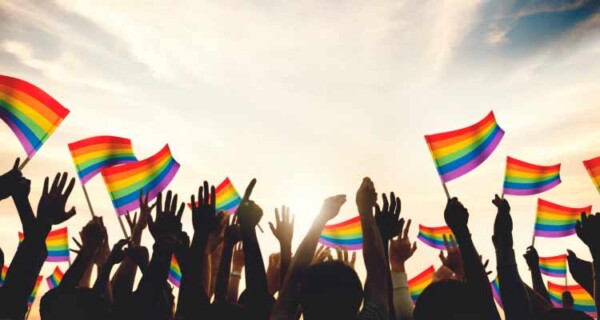
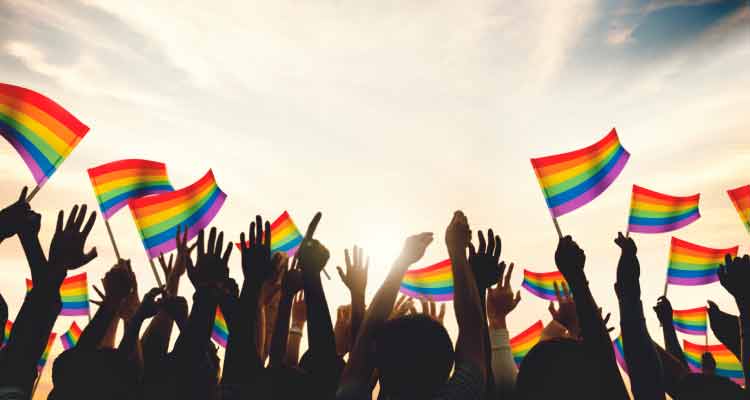

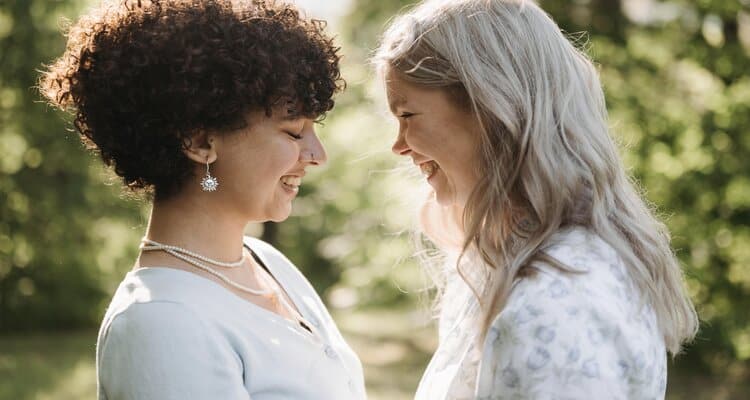
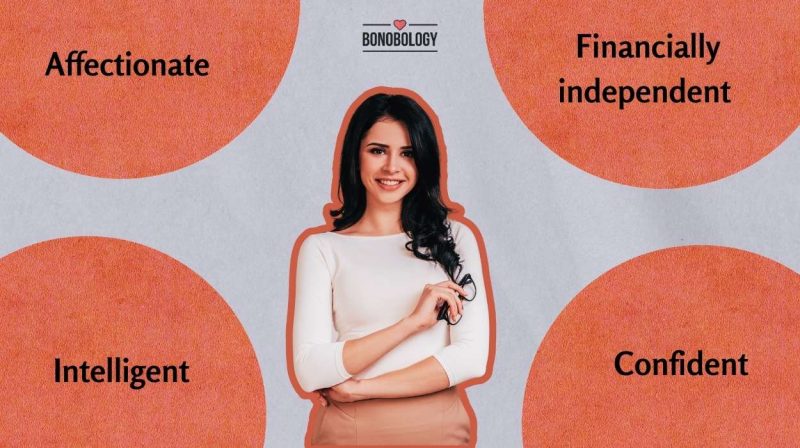
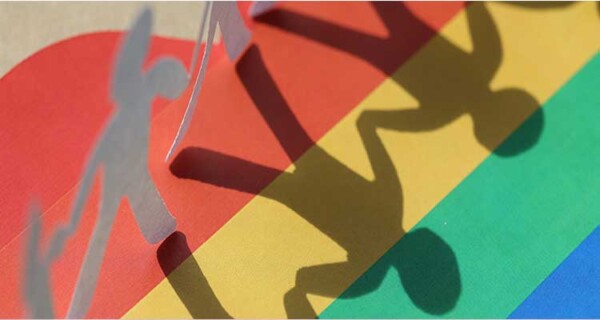
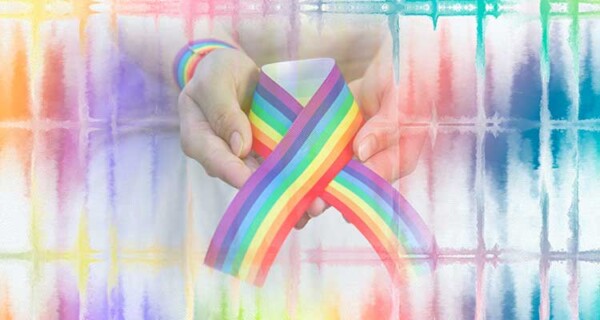
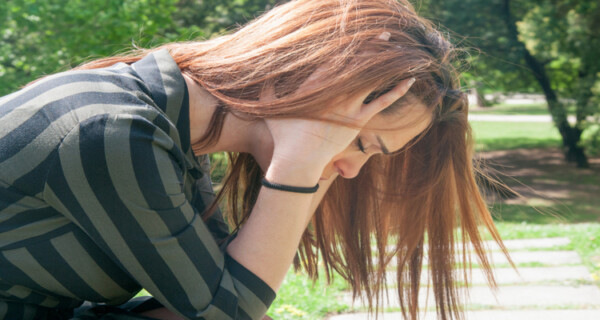
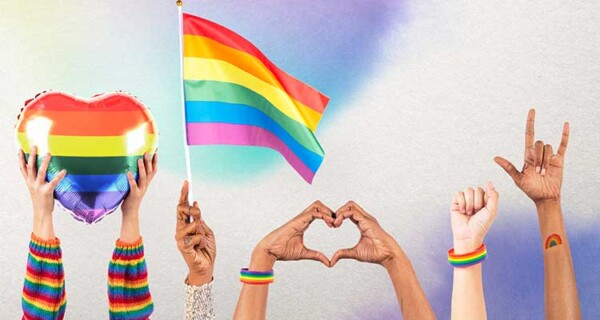


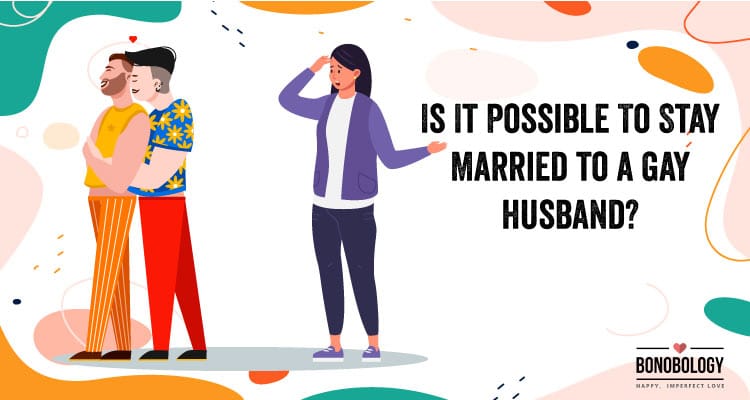
Featured
Lavender Marriage: What It Is And How It Works
10 Signs Of Bisexuality In Males: Understand Your Sexuality And Fight Common Misconceptions
How LGBTQ+ Individuals Can Benefit From Online Therapy: Breaking Barriers And Nurturing Mental Health
30 LGBTQ Books You Should Read In 2023
Am I Bisexual? 18 Signs Of Female Bisexuality To Know If You’re A Bi Girl
11 Things You Need To Know For A Successful Aromantic Relationship
Am I A Lesbian? Here Are 10 Signs That May Help You Know For Sure
Could You Be Demisexual? 5 Signs That Say So
21 LGBTQ Flags And Their Meanings – Know What They Stand For
Pride Decorations And Rainbow Pride Party Decor Ideas
Lesbian Outfit Ideas – A Complete Fashion Guide
10 Best Lesbian Dating Apps For 2022 To Chat & Meet
15 Things That Attract A Woman To Another Woman
Top 12 Best LGBTQ Dating Apps – UPDATED LIST 2022
The Yin And Yang Of The Sexuality Spectrum
Sex Work And Love: A Sex Worker’s Story
18 Types Of Sexualities And Their Meanings
Queerplatonic Relationship- What Is It And 15 Signs You Are In One
Transgender Dating And The Taboo Around It
7 Signs Your Husband Is Gay, And 5 Ways YOU Can Help Him